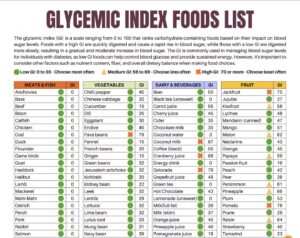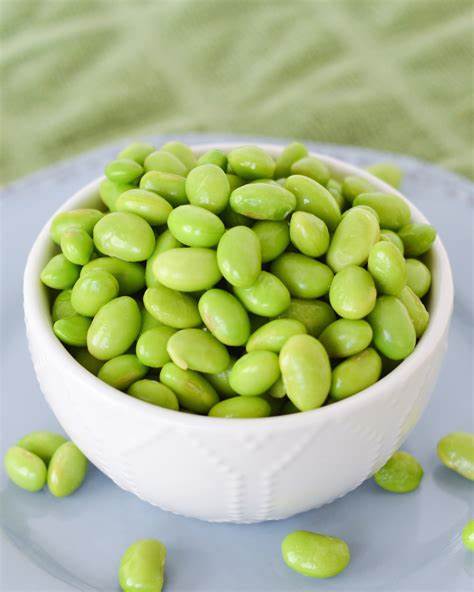Let’s Talk About Smoothies
Smoothies are all the rage these days, but are they really all they're cracked up to be? From the green vegetable variety to the more-like-milkshake fare, we've got the skinny on smoothies here.
Smoothie Power: The Benefits of Blending
- Increase nutrient absorption.
- Prevent nutritional deficiencies.
- Supplement nutritional gaps.
- Enable nutritional gains.
- Maximize quality nutrition.
- Increase overall nutritional self-efficacy.
- And more!


This is especially true for those with snack or mealtime limitations. For individuals with:
- Limited meal options,
- Limited time for meal preparation,
- Short meal times,
- Dietary Restrictions
Liquefied whole-food nutrition (e.g., whole food smoothies) can significantly support peak performance.
Sugary Scams: Syrupy Supplements & Milkshake Masquerades
The growing variety of content currently referred to as “a smoothie” severely jeopardizes the integrity of the word, causing many smoothies and smoothie powders to resemble little more than glorified milkshakes experienced by the body as “liquid sugar.”
For example, many commercial smoothies these days are:
- Void of fiber.
- Laden with artificial sugars or sweeteners.
- Closer to milkshakes than smoothies.
- Perceived by the body as “liquid sugar.”
It can be tempting to associate this deadly combination with negative health outcomes, including
- Blood glucose and insulin spikes (that can lead to):
- Insulin resistance.
- Pre-diabetes and Diabetes.
- Inflammation.
- Weight gain.
- And a host of other ailments.
This possibility could occur from a combination of two main factors:
- High glycemic index (GI) ingredients (e.g., sugars or sugary ingredients that cause or enable a large load of sugar to rapidly enter the bloodstream).
- Lack of fiber (which can act as a buffer for sugars, enabling slower release into he bloodstream).
This could theoretically cause many smoothies to act in the body as milkshakes or sugar, inducing insulin spikes that can lead ultimately to insulin resistance, diabetes/prediabetes, inflammation, weight gain, and host of other ailments.
HOWEVER, this possibility is not actually supported by existing research.

Research on Glycemic Index:
- Short-term outcomes (e.g., satiety).
- Long-term health outcomes (e.g., weight, cardiovascular disease, and type 2 diabetes).
The strongest intervention studies typically found little relationship between GI/glycemic response (GR) and physiological measures of disease risk, including:
- Body weight.
- Cardiometabolic disease risk, including:
- Diabetes.
- Cardiovascular disease risk.
Thus, the authors concluded “it is unlikely that the GI of a food or diet is linked to disease risk or health outcomes. “
Rather, “other measures of dietary quality – such as fiber or whole grains – may be more likely to predict health outcomes.”

Important Caveats:
Nevertheless, an abundance of research does show that high glycemic food options are not always bad. For example, many athletes will consume simple sugars (or straight glucose) during and directly after long bouts of exercise, when:
1) The body needs glucose or other energy options to fuel and repair the exercise (e.g., Jeukendrup 2004).
2) Insulin receptors are up-regulated, ensuring the energy taken in goes directly to the muscles for use/repair (rather than fat storage)(e.g., Kojima et al., 2022; Borghouts & Keizer 2000).

St. Patrick’s Day Hot Take: Choose Cabbage Over Corned Beef
As we don our festive hues of green, St. Patrick’s Day brings a fresh take on tradition with a focus on cabbage, a leafy powerhouse

Bountiful Greens: A Nutrient-Rich Delight
In the treasure trove of nutrition and diet, there lays a brilliant emerald: dark leafy greens. Whether it’s St. Patrick’s Day or any ordinary day,

Soy: Boulder’s Mighty Bean
In the heart of Boulder, where health and wellness are as much a part of the city as the Flatirons, soy has taken its rightful


